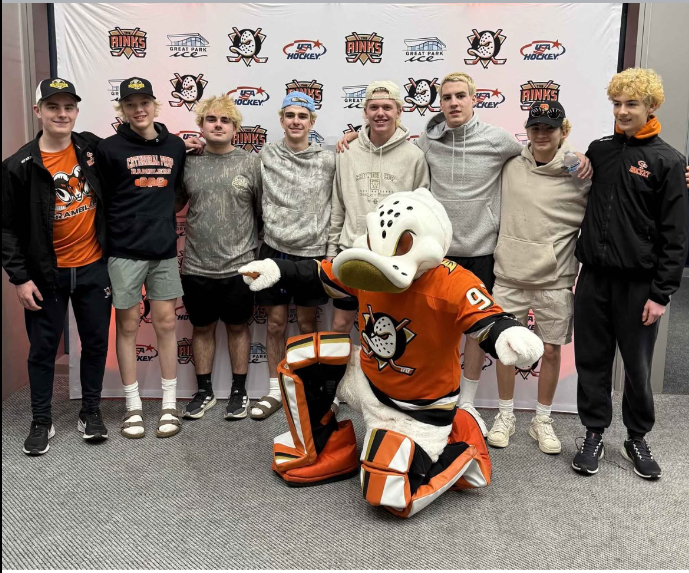This is the second part of my Final Fantasy Retrospective series, in which I’ll be covering the themes and my experience with each game. Check out the first installment covering Final Fantasy VII here. This is something new for me, and I hope that it improves along the way, but I digress. The next game is my favorite installation in the series before revisiting the titles, Final Fantasy VIII.

The story revolves around Squall Leonhart, a top-level student at Balamb Garden—a school that trains young adults to become mercenaries to be of use to the government for secret missions—or in other words, a SEED (yes, all capitals return). Squall is a loner, disregarding help of others and viewing companionship and camaraderie as pathetic and pointless. The game opens with a sparring battle between Squall and his rival since childhood Seifer Almasy, who both wound each other during the mock battle with their Gunblade’s, leaving very noticeable scars on both of their faces. This only strengthens Squall’s loner personality and dreads being forced to not only work with others in the upcoming mission to determine their graduation to become an official SEED, but also have Seifer as their squadron leader.
Working with the overconfident pugilist Zell Dincht, seemingly oblivious Selphie Tilmitt, and the flirtatious Quistis Trepe, they complete their mission and graduate. At the graduation party, Squall is being a wallflower until he is suddenly approached by a mysterious girl, who coerces him to come out of his shell and dance under the stars. After they share a touching moment, she leaves, only reinforcing Squall’s ideology on people and connections. He then receives his first mission as a SEED with the graduates he worked with during his practice mission, to assist the Timber Owls, a rebel group attempting to rid their town of the military oppressors that have recently entered. Squall and his team are to assist them until the liberation of a Timber, something Squall notices as suspiciously vague. The leader of the Timber Owls, to Squall’s surprise, is the girl he danced with at his graduation, the kind-hearted and sincere Rinoa Heartilly.

One of the main reasons this game is so polarizing is its combat system. The main way the combat scales is not due to level, but through the Junction system, where your magic determines the increase in stats. The better magic equipped, along with the Guardian Force (the new name for summons in this game) the character has, will make them stronger than just leveling up. This makes for a very in-depth combat system, where exploiting weaknesses is essential. Some see this as an over-complication of the tried-and-true standard flow, while I am in the camp that feels this creates a very smart and tactical game, where strategy is key.
This can however, lead to much frustration if one does not master the mechanics of combat quickly. Magic is obtained through the Draw command, where any character can basically steal magic and even Guardian Forces from enemies. This magic can then be turned into more powerful versions, and Guardian Forces grant buffs for the character using them. This leads to a game where, if it is played correctly, it can be completed while staying pretty low level. I personally adore it, and it fits perfectly with the world and the themes of the game, which is what I want to delve into next.

The game’s main themes are loneliness and personal trauma. Every character suffers from a personal trauma in some way or another, and they each take that trauma and create an identity around it. Squall, in particular, I think, not only has the most relatable of problems, but also receives the best resolution to his inner turmoil. Squall has issues with abandonment and the finality of goodbyes. He was hurt so badly by the disappearance of his sister when he was young that it led him to not only forsake trust in other people but also just forsake people in general. It’s a cry for help that loops in on itself, and Squall is self-aware enough to recognize that he dearly wishes to cherish people and friendship but also realizes he can’t handle the fact that one day his connections will be severed by death or separation.
When he does eventually give in to his inner feelings, he becomes solely dependent on his connections and can’t even function when one of his friends is in danger. It’s a very mature way of treating a character, and while the game does disappointingly (in my opinion) turn into a generic love story, it still maintains its mature storytelling. Its setting is mature as well, taking place in a not-too-distant future that looks surprisingly realistic to the actual world with somewhat militaristic exaggeration. The main conflict is the ideology of war, and the people that are forced to fight in those wars, so I think it still tells a great story.

Before doing this series, this was my favorite game in the entirety of Final Fantasy. I just loved the setting and story, and Squall at the time was not only the most relatable protagonist to me but also the coolest with some of the best moments and weapon designs, along with Limit Breaks. The Gunblade is such a cool weapon that makes no sense, being a sword that can shoot magical bullets, complete with a revolver and trigger.
essentially saw him as a cooler Cloud, and while I have since moved on from that belief, I still believe that Squall is definitely one of the better protagonists in the series. Final Fantasy VIII is definitely one that is worth trying if you have any interest in a more serious story with deeper character development and complex personal narratives.

As always, thank you for reading, and stay tuned for next time, when I write about a surprising new top-5 favorite of mine, Final Fantasy IX.

































































